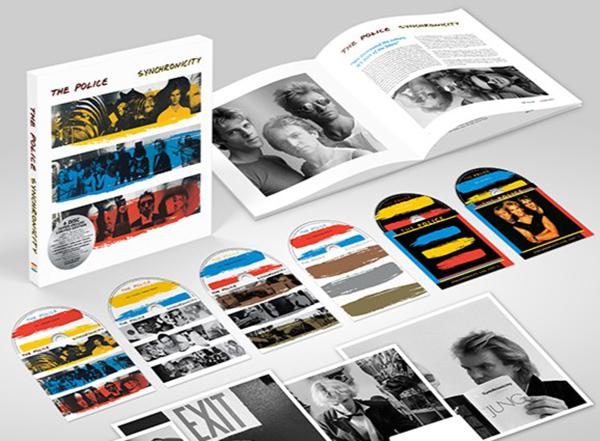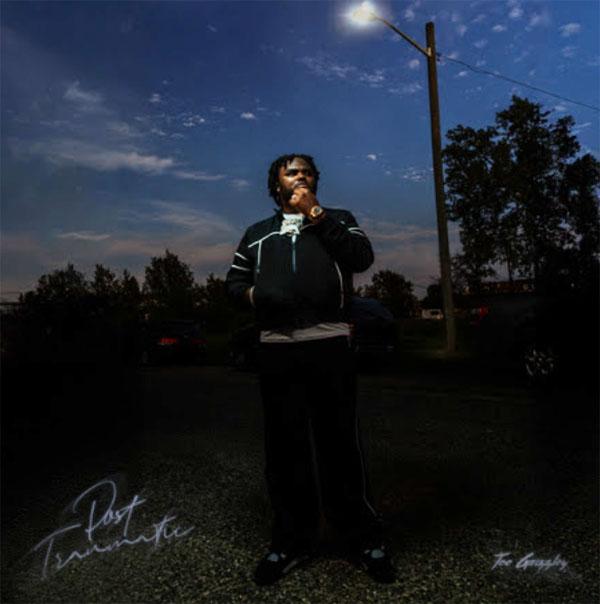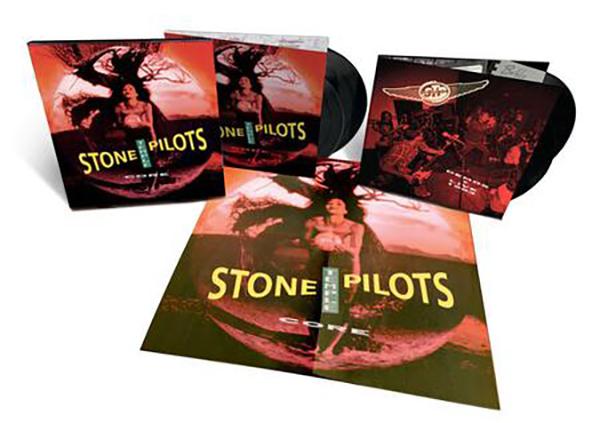Mike Mettler
|
Jan 10, 2025
|
Dec 12, 2024
|
Nov 14, 2024
|
Oct 27, 2024
|
Oct 17, 2024
|
Oct 11, 2024














